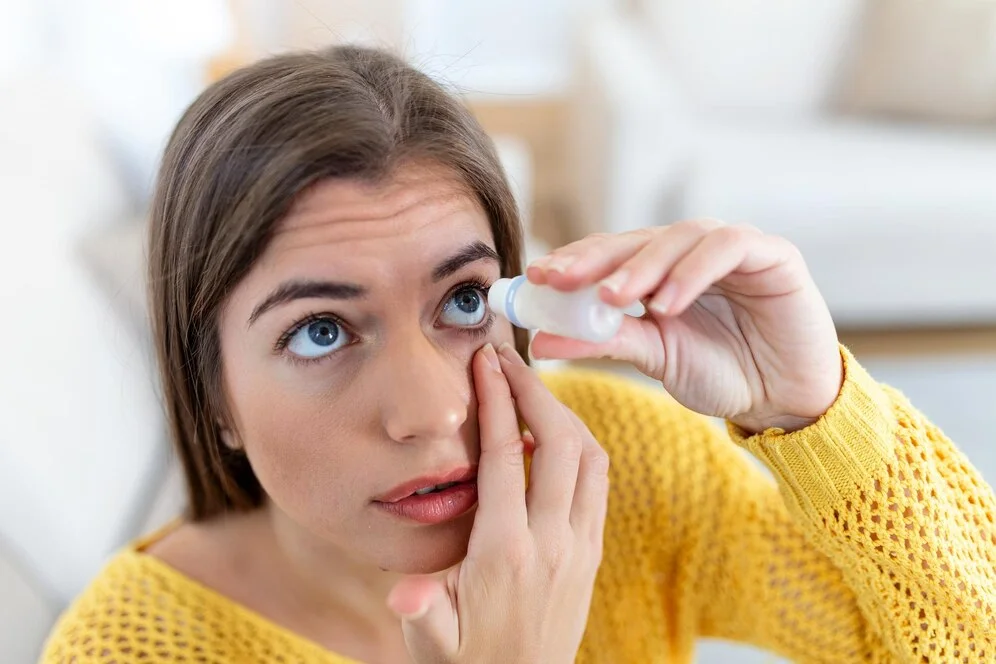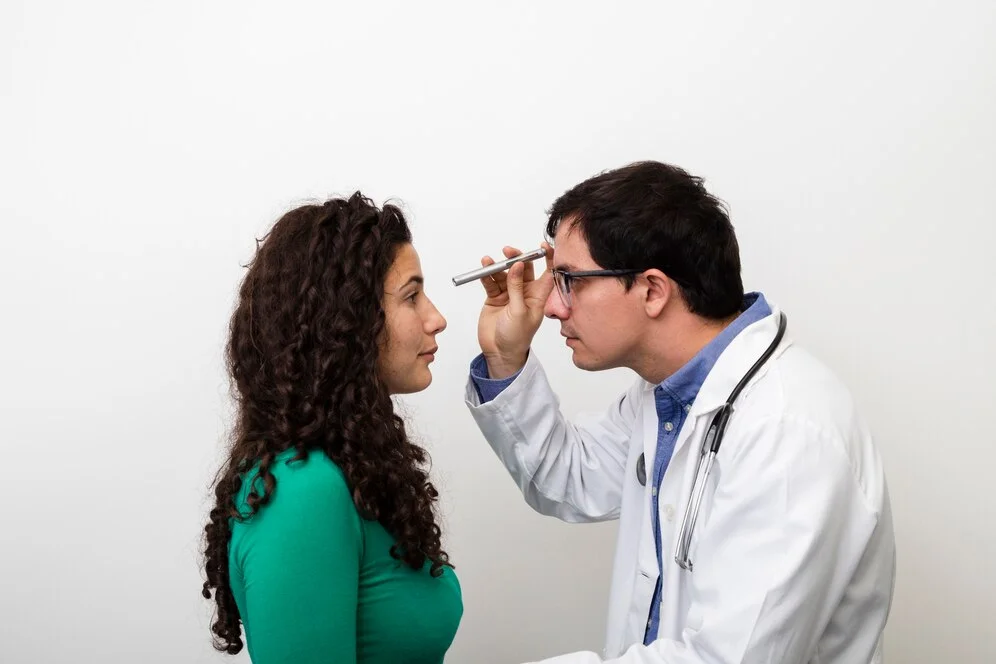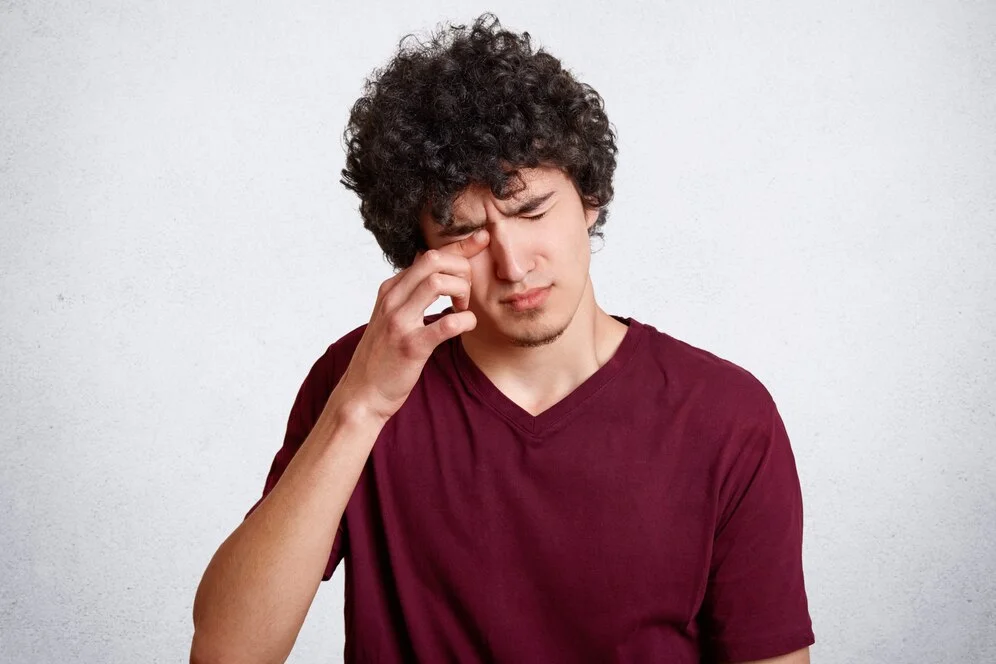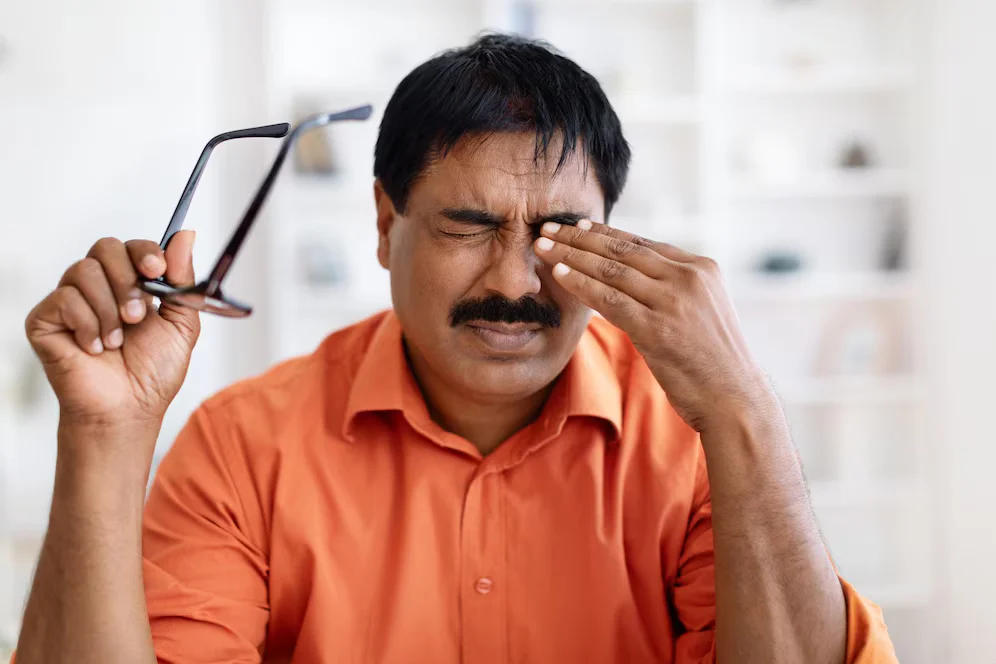Eye allergies are far more common than most people realize. From seasonal triggers like pollen to everyday irritants such as dust, pet dander, or air pollution, these allergies can affect anyone—regardless of age or lifestyle. Recognizing the early signs—such as redness, itching, watery eyes, or a burning sensation—can make a significant difference in how effectively the condition is managed. Being proactive about your eye health not only helps reduce discomfort but also prevents potential complications down the line. If symptoms become frequent or start interfering with your daily activities, it’s wise to seek advice from a reputable eye care specialist who can provide an accurate diagnosis and tailor a treatment plan specific to your needs.
When Your Eyes Say More Than You Think
Ever felt a sudden itch in your eyes or a strange burning sensation that doesn’t go away with blinking or washing? You’re not alone. For many people, this could be more than just tiredness—it might be a sign of eye allergies.
While it might be tempting to ignore mild discomfort or chalk it up to a long day at work, untreated symptoms can lead to complications if not addressed early. Understanding the warning signs empowers you to take better care of your vision and overall eye health.

What Are Eye Allergies?
In simple terms, eye allergies—also known as allergic conjunctivitis—occur when your eyes react to substances that are typically harmless to most people, such as pollen, pet dander, or dust mites. This reaction leads to inflammation, itching, and discomfort, among other symptoms.
It’s your body’s way of trying to protect you, but sometimes that immune response goes a little overboard.
Why Early Detection Matters
Most people assume it’s okay to “wait it out,” but prolonged symptoms could lead to chronic eye conditions or vision complications. Detecting early signs not only helps in choosing the right treatment but also in preventing eye fatigue, infections, or corneal damage in extreme cases.
Eye Allergies – Common Symptoms You Shouldn’t Dismiss
Not every eye issue is an allergy, and not every allergy manifests the same way. But if you’re experiencing any of the following signs persistently, it’s time to pay attention:
1. Itching That Doesn’t Quit
Occasional itching is normal. But if you’re constantly rubbing your eyes or feel an uncontrollable urge to scratch, it’s likely an allergic response.
What to watch for:
- Itching in both eyes
- Worsening with exposure to pollen, dust, or pets
- Relief only after antihistamine use
2. Redness and Inflammation
Bloodshot eyes are often the most visible sign. This is due to inflammation in the blood vessels of the conjunctiva.
You might also notice:
- Swelling of the eyelids
- Puffy appearance especially in the morning
- Sensitivity to light
3. Watery or Teary Eyes
Your eyes may start watering excessively, even when you’re not emotional or exposed to wind. This is your body’s attempt to flush out allergens.
4. Burning Sensation
A stinging or burning feeling that doesn’t improve with blinking or artificial tears can point toward eye allergies.
5. Gritty Feeling or Foreign Body Sensation
Many allergy sufferers describe a feeling like sand or grit in their eyes, even when there’s nothing physically there.
What Triggers Eye Allergies?
Environmental Factors
- Pollen (trees, grass, weeds)
- Dust mites
- Mold spores
- Animal dander
Lifestyle and Urban Irritants
- Pollution and smog (especially in metropolitan areas)
- Cigarette smoke
- Strong perfumes and cleaning agents
- Prolonged screen exposure without eye protection
Contact Lens Misuse
Improper use or not cleaning lenses regularly can trap allergens, worsening symptoms.

When Should You See a Professional?
If symptoms persist for more than a few days, or worsen despite home remedies, it’s important to consult an expert. In densely populated or high-pollution areas, the combination of allergens and environmental irritants can significantly aggravate eye conditions.
A certified eye surgeon doesn’t just treat the symptoms but investigates underlying causes through clinical testing—ensuring your treatment is accurate and long-lasting.
Tips to Manage Eye Allergies at Home
While professional intervention is necessary for persistent or severe cases, here are some daily habits that can make a big difference:
Lifestyle Tweaks
- Keep windows closed during high pollen seasons.
- Use air purifiers indoors to reduce allergens.
- Clean bedding and curtains regularly.
Eye Hygiene Tips
- Wash your hands before touching your eyes.
- Avoid sharing eye makeup or contact lenses.
- Use cold compresses to reduce swelling and itching.
Over-the-Counter Relief
- Artificial tears (preservative-free options are best)
- Antihistamine eye drops (short-term use only)
- Lubricating ointments (for nighttime use)
Note: Self-medication should not be prolonged without consulting a specialist.
Expert Care Matters – Especially in Complex Cases
In some cases, allergic conjunctivitis might be accompanied by infections, corneal scratches, or even vision loss. That’s when specialized expertise is essential.
Whether it’s performing detailed diagnostics or managing chronic allergic reactions through immunotherapy or surgical interventions, a skilled professional makes all the difference.
When it comes to managing persistent or complex eye conditions, seeking guidance from an experienced and trusted eye care professional is crucial. A skilled specialist can offer comprehensive diagnostics and personalized treatment plans to ensure long-term relief and protect your vision.
With a strong record of excellence in treating both common and complex eye conditions, he’s committed to ensuring your vision stays as clear and comfortable as possible.

FAQs About Eye Allergies
1. Can eye allergies affect only one eye?
They usually affect both eyes, but sometimes symptoms may start in one before spreading to the other.
2. Is it okay to wear contact lenses with eye allergies?
It depends on the severity. In some cases, switching to daily disposable lenses or taking a break altogether is recommended.
3. Are eye allergies contagious?
No, allergic reactions are not contagious. But they can sometimes mimic symptoms of infections, which are contagious.
4. Can children get eye allergies too?
Absolutely. In fact, kids often show signs like rubbing eyes frequently, redness, or watery eyes during allergy season.
5. Do eye allergies go away on their own?
Mild cases might improve with reduced exposure to allergens, but chronic or severe cases need medical evaluation.
Know Your Eyes, Protect Your Vision
Your eyes are not just the windows to your soul—they’re also key indicators of your overall health. Ignoring the early signs of eye allergies can lead to long-term discomfort or even damage.
By staying alert to symptoms, adopting preventive habits, and seeking expert guidance when needed, you can keep your vision clear and comfortable all year round.
If you’re experiencing persistent eye irritation, it’s important to consult a qualified eye care specialist. A professional with a strong background in advanced treatments and a patient-centered approach can help provide lasting relief and support long-term eye health.

